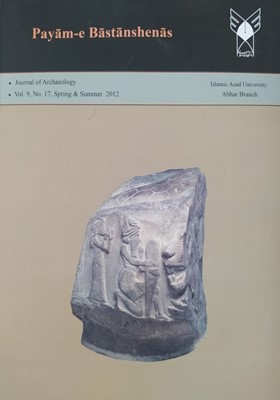Theory and Practice in Archaeology: How Can We Integrate These Two to End in a Better Understanding of the Past, and Apply Archaeology to Present and Future Problems More Efficiently
Subject Areas : Prehistoric Archaeology
1 - Master Researcher, Canter for Persian Studies and Culture, University of California, Irvine.
Keywords: Cultural ecology, Archaeological Theory, Archaeological Practice, General Theory, Expedient Theory,
Abstract :
Archaeology is at a cross-road. With increasing human interference in natural landscapes, more and more archaeological remains come under threat of destruction. In the meantime, with diminishing funds for archaeological fieldwork – in both research and salvage – as a result of global economic problems, fewer and fewer archaeological sites can be studied or rescued. To add insult to injury, the gap between archaeological theory and archaeological practice keep widening. While a considerable amount of literature on archaeological theory appears on a regular basis, archaeological practice remains basically the same as previous generation or the generation before that. The only progress in this area is new or more advanced techniques for recovery, analysis, and dating of archaeological material. In this paper, the author argues for a more engaged practice of archaeology which is capable of producing tangible results that would improve the quality of life for ordinary people or prevent environmental disasters (e.g., soil salinization, desertification) from happening by adhering to the data recovered from archaeological fieldwork. A certain degree of purely academic and research objectives of archaeology may have to be ignored for the time being, but it seems to be a necessary sacrifice to ensure the future of archaeology.
_||_


